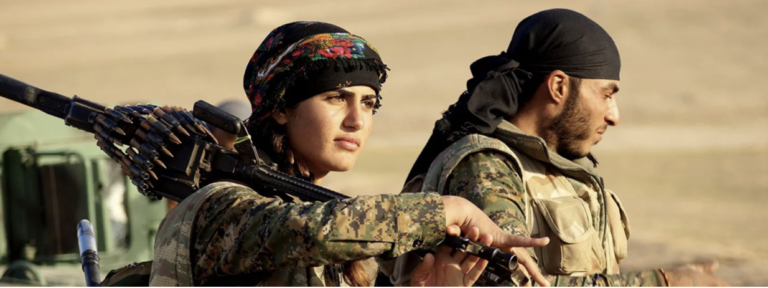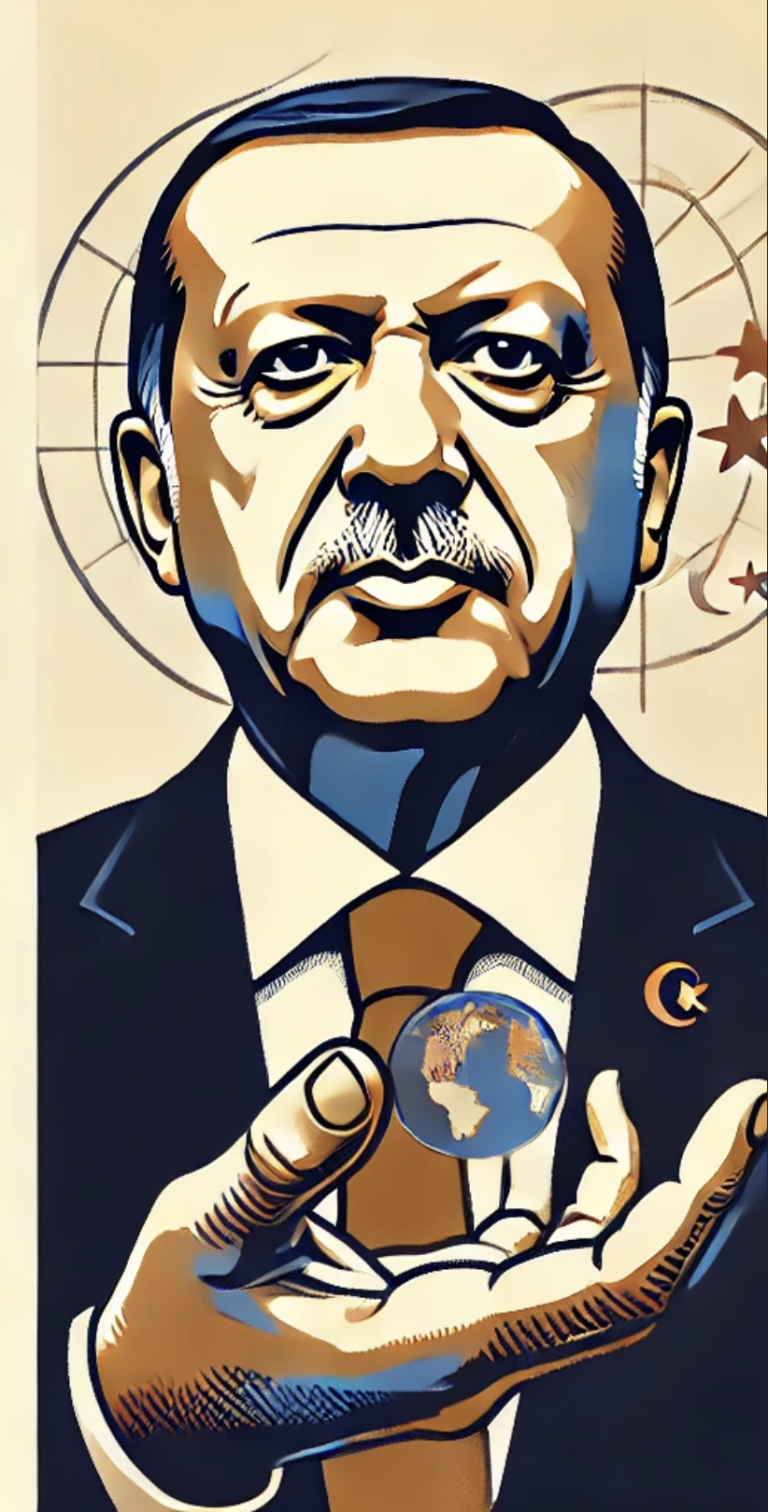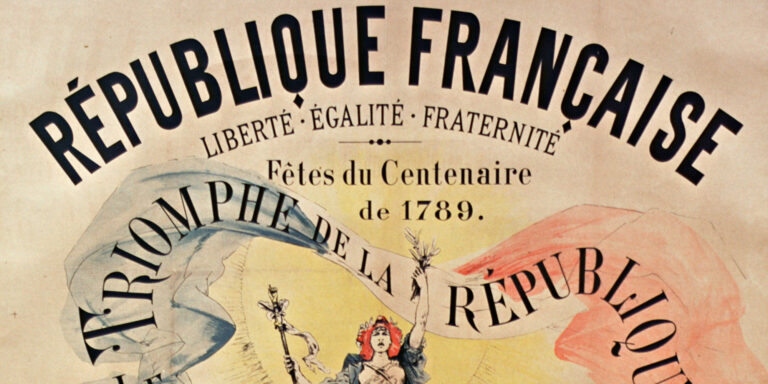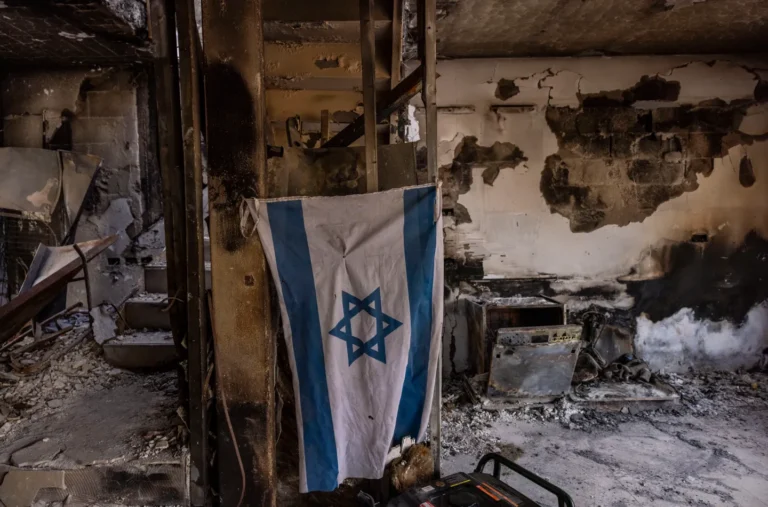By Andrea Tucci,
The story not only in Syria but in the whole Middle East cannot be fully understood without analysing the role that Kurds play in the region. Within this narrative, it is the unique role of Kurdish women in particular that deserves wider attention. Despite facing the dual struggles of gender and ethnic oppression, they have modified the political landscape. In fact, it can be argued that there is no other group in the Middle East that features a higher percentage of women serving leading roles. Moreover, when you consider that these Kurdish women are fighting for democracy (both diplomatically and militarily) in a region where women are traditionally sidelined and excluded from the public sphere, it makes their quest for equality all the more remarkable.
Kurdish women acting as guerrillas, human rights activists and members of parliament have spread the principle of gender equality throughout the Middle East. As a testament to their talents, they have also accomplished such feats while promoting dialogue, peace, security, and gender empowerment throughout Kurdistan and the Kurdish European diaspora. While it is true that Kurds are not a monolith, it is helpful to begin any analysis with a general overview of the Kurdish situation. With an estimated population over 40 million, Kurds are often referred to as the “largest stateless group in the world”.
Kurdistan does not exist as a separate state and is usually described as comprising the four overlapping regions of south-eastern Turkey, northern Iraq, north-western Iran, and northern Syria. However, the four states of which these entities are a part fear that the Kurds’ desire for their own independent state threatens their viability as states or even their very existence.
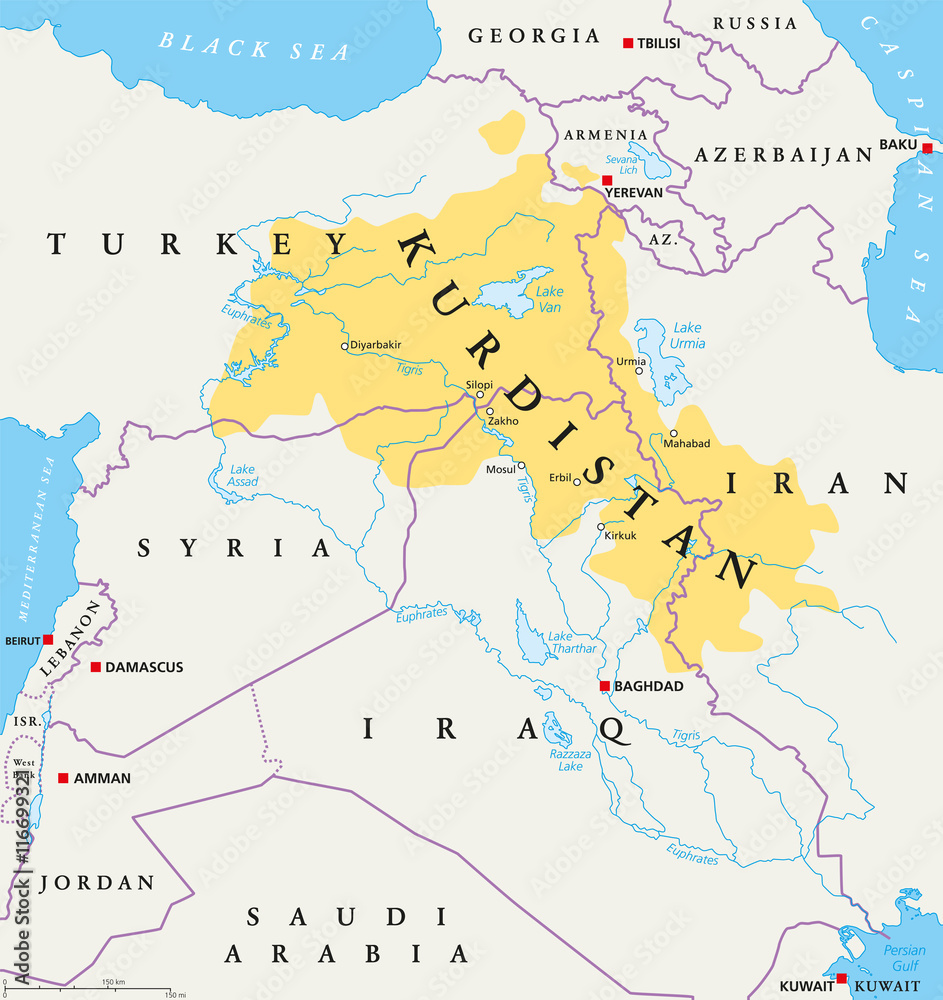
The current lack of a Kurdish state is central to understanding the ways in which Kurdish culture is now influencing the Middle East. Infact, because historically Kurds have lived between empires and have been surrounded by so many different ethnicities and religions because of their position at the centre of the Middle East, Kurdish culture is fairly tolerant of differences. For instance, within the Kurdish community one can find Sunni, Shia, Sufi, and Alevi Muslims alongside Yazidis, Christians, Zoroastrians, and Jews. This appreciation for diversity has been manifested in the Kurdish Syrian region of Rojava where are protecting minority rights and promoting democratic ideals.
Nowhere is this more evident than in the Kurdish women’s movement, which has deep roots in and is influencing the culture and politics of the Middle East in a number of ways. The ideological foundation of this movement is based on a philosophy known as jineology, which means “the science of women”. The best known is the Women’s Protection Units (YPJ) in “Rojava” in northern Syria.
These YPJ women fighters gained almost universal acclaim in the global West and around the world in 2014, as stories surfaced of their participation on the front lines in the fight against Islamic State (IS), in particular while defending in Syria the Kurdish city of Kobane. The YPJ were referred to in Western headlines as the “Angels of Kobane” and the defenders of enlightenment democratic principle and values against fanatical theocracy and totalitarianism.
Nowadays the Turkish government argue that the YPJ, together with their male counterparts the People’s Defence Units (YPG) is a “terrorist” organisation and because of their ideological connections to Kurdistan Workers’ Party (PKK) guerrillas who had been fighting, since 1984, against the government forces in south-east Turkey.
Alongside their military engagement, the YPJ’s wider philosophy known as “democratic confederalism” has tenets devoted to promoting women’s equality, protecting ethnic minorities, preserving the environment.In addition, in the areas of Syria that it controls, the YPJ has made child marriage illegal to protect young girls, outlawed the policy of men taking multiple wives, and established ways for women to report abuse by male family members or husbands, with such abuse carrying severe criminal penalties.
The focus on women also led to a policy called the “co-chair” system, in terms of which it is law in YPJ-controlled areas that all positions of authority are held by a woman and a man with equal collaborative power.
As a result, women in Kurdish areas of Syria now officially called the Autonomous Administration of North and East Syria (AANES) hold 50 per cent of all official positions, alongside gender, they have also implemented policies that protect the participation of ethnic minorities in city and canton councils, meaning that even in majority-Kurdish cities, representatives of the Armenian, Assyrian, Circassian, Turkmen and Arab communities have a role in reaching decisions, which require full consensus.
It should also be pointed out that less than 1,000 km away in varying directions can be found countries where other Middle Eastern women are banned from driving, not permitted to leave home without a male guardian, handed over by parents to arranged or forced marriages, compelled to wear various hair and body coverings, and forced to undergo female genital mutilation all of which makes the sight of young YPJ women fighting and helping to defeat an IS ideology which argues that they are inferior beings all the more dramatic.
While Kurdish women are challenging autocracy and male dominance in many ways in Turkey and in Iran are being jailed for defending Kurdish cultural rights.
The current issue in Syria is administration, and on this matter, HTS has been very clear: except for criminals, everyone else remains in their place.
In fact, there are currently only two militias: the Syrian Democratic Forces (SDF) led by Kurds and Hayat Tahrir al-Sham (HTS), where It is important to remember that its current leader, Abu Mohammed al-Jolani, was previously affiliated with al-Qaeda.
So today the big question now is the relationship they will have with each other? For sure it is also necessary that no one intervenes based on old alliances:Turkey, Iran, Iraq, and Israel.
Recently, local Syrian religious authorities signed a declaration recognising the religious and cultural diversity of Syria.
But the question is: will the current democratic rights present in the Kurdish region of Rojava also be guaranteed?

